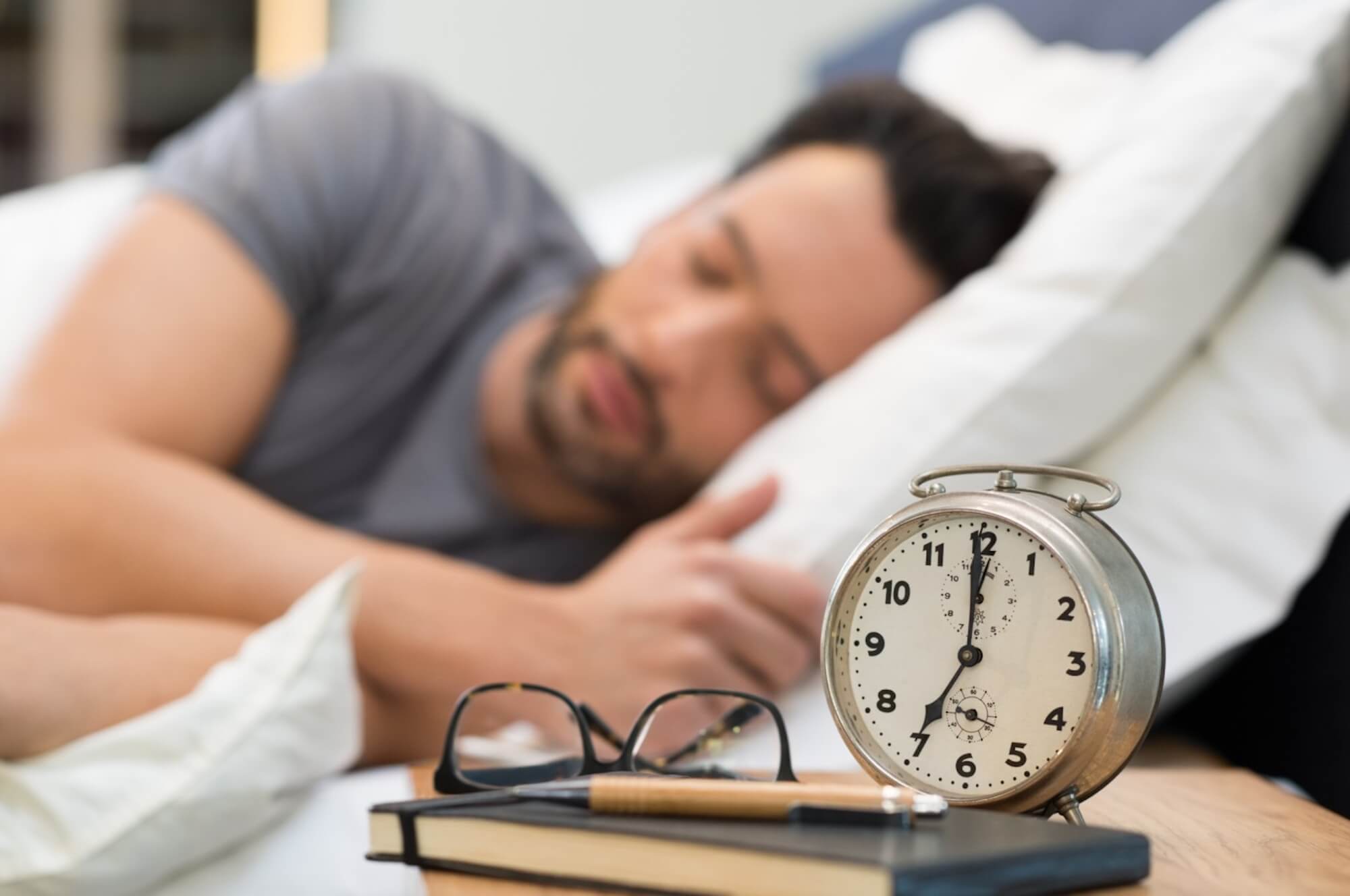

Using melatonin can help with sleep.
Table of Contents
How many nights (or very early mornings) have you spent staring at the wall or your phone unable to sleep? Too many? Insomnia is one of the most common sleep conditions, affecting an estimated one-third to one-half of all adults. Sometimes the solutions are easy. Try sleeping in a cool room.
If you have insomnia or struggle with the occasional sleepless night, you should know about taking melatonin supplements for sleep. Because even the best mattress and comfortable pillowcases can’t solve all insomnia issues.
Insomnia is characterized by trouble falling or staying asleep. It can be caused by any number of external factors or be a result of genetics. While scientists don’t have everything figured out about insomnia, some triggering factors include:
Older people are at a higher risk for developing insomnia at some point in their life. Purchasing a heavy-duty mattress can help with aches and pains, but might not help to quiet your mind.
Insomnia can cause some intense side effects, like serious daytime fatigue, mood swings, problems with memory and concentration, a weakened immune system, and more. Sleep deprivation also increases your risk of accidents in the daytime. It’s an important condition to treat.
One way to help insomnia is by taking melatonin supplements for sleep.
Melatonin is a hormone that is naturally produced by our bodies and helps regulate our circadian rhythms. Your brain releases melatonin toward the end of the day as the sun sets, letting the body know it’s time to sleep soon. Although, this cycle can be interrupted.
Taking in a lot of light before bed (such as from a phone or computer screen) inhibits melatonin production. If you have a condition or lifestyle that keeps you awake at night, your body will adjust to the new sleep schedule and you won’t feel tired when others typically do.
That’s where taking melatonin supplements for sleep comes in. If your brain isn’t producing enough melatonin to help you sleep, you can take a supplement to help induce it.
Less is more. If you have serious insomnia issues, you might be thinking you should go straight for the highest dose on the shelf. Not quite.
The proper dosage depends on a few factors, like your age, height, and weight, as well as why you’re taking it. If you’re trying to sleep off jet lag, a few days of taking 0.5 – 8 mg of melatonin for sleep is likely enough to get you back on schedule. If you have trouble falling asleep, 0.3 – 5 mg is recommended.
It’s worth noting that, since taking melatonin supplements for sleep is not a regulated substance by the FDA, there are no official guidelines for how to take it. It’s typically recommended you don’t rely on it for long-term use. It works well for acute bouts of insomnia and getting your sleep schedule back in order.
Check out these melatonin gummy vitamins. They are vegan, soy-free, gluten-free, and blended with other natural sleep-inducing substances.
Don’t go another night without sleep. If purchasing an organic mattress or buying new pillowcases doesn’t help, taking melatonin supplements for sleep could be the right thing for you. Make sure you talk to a doctor before starting any new supplement, especially if you are taking anything else or have pre-existing conditions.
Check Out Our Blog To Learn About Healthy Sleep
You can also contact us by filling out the form below. Make sure to fill in as many fields as possible so we can respond to you with the most accurate information!
Estimated reading time: 7 minutes TL;DR Bed Frames For Small Bedrooms Finding the perfect bed…
Estimated reading time: 4 minutes Sleep deprivation can lead to irritability, decreased performance, and strained…
Estimated reading time: 7 minutes TL;DR How To Lower A Tall Mattress & Boxspring If…
Estimated reading time: 8 minutes TL;DR Space-Saving Bed Ideas Moving to a smaller home? The…
Estimated reading time: 9 minutes TL;DR Sleep-Promoting Foods And Their Mechanisms What you eat can…
Sleeping cold can be a real struggle, especially during winter. Waking up shivering or layering…
This website uses cookies.